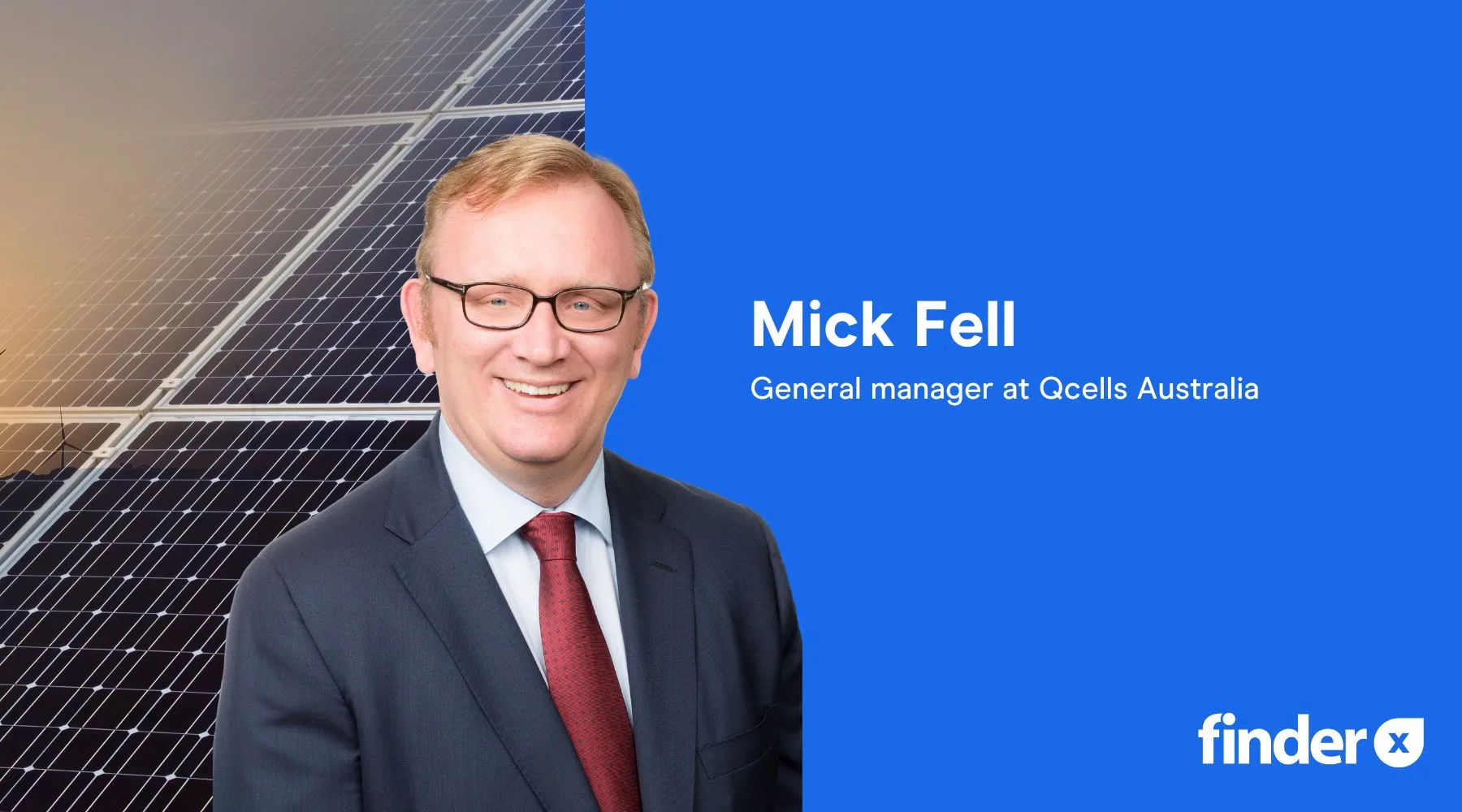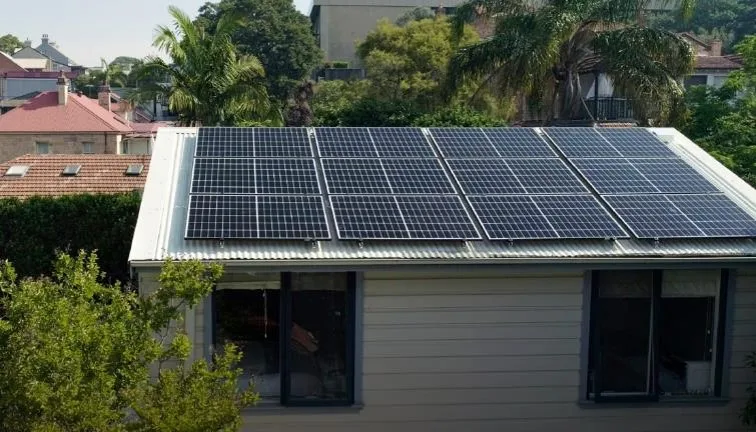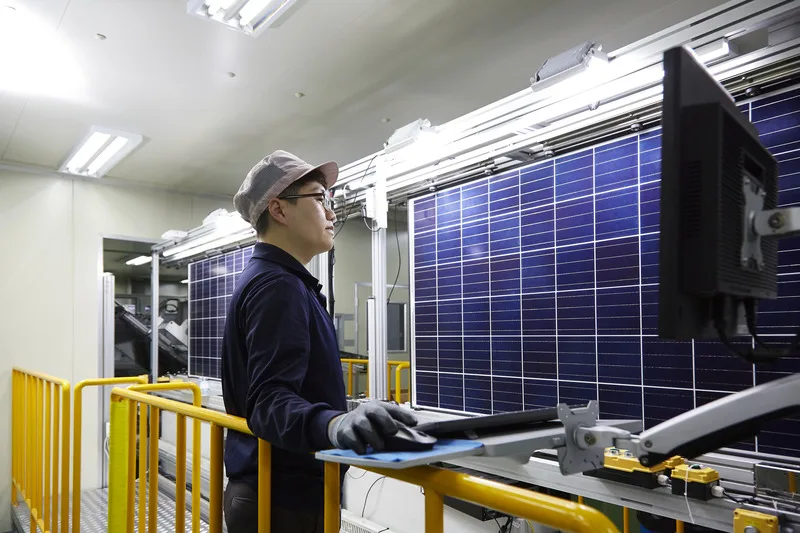Is the cost of going solar worth it right now?

Before I talk about the costs of installing solar, I'm going to talk about value – the value that a consumer might get from making the switch to solar.
I think it's always interesting to consider the value you can unlock before thinking about the cost of a solution, and working backwards from there so that you make a decision from a more integrated, holistic standpoint.
The value of solar – financial, social and emotional
There are 2 sources of value in solar energy systems – there's the financial value which can be quantified with your bill savings and then the qualitative, emotional value of making the "right" decision.
The emotional value is perhaps easier to explain, so I'll start there.
Investing in solar allows consumers to feel in control of their energy bills, which brings with it a sense of stability and safety. There's something primally rewarding about taking an action to protect you and your family from external forces outside your control like increasing prices in the energy market.
Of course there's additional satisfaction of making a positive impact on the environment.
For many years, the conversation around solar was centred on financial gain: how much money would solar panels save you over time.
Now, while that is still an important incentive, people are (happily) more interested in removing their dependence on electricity imported from the fossil-fuelled power grid.
And while most energy providers now offer green energy plans, that doesn't protect consumers from the inevitable bill shock that's becoming increasingly common.
Investing in your own solar panel and battery system offers independence but there are still some remaining barriers to entry for consumers.

The monetary cost
One of these perceived barriers to entry is money, and this is an important myth to debunk.
It's undeniable that paying for a solar panel and battery system up-front is a significant investment.
Generally these start around $15,000 and then go upwards.
However, it's important for consumers to be aware that paying up-front is not the only option.
Many solar providers now offer finance programs, which allow payments to be made over a period of years, rather than one payment up-front.
When the cost is reframed – from a one-off major investment to a consistent regular payment – then making the switch to solar becomes even more appealing.
Each and every month of the quarter, consumers pay an energy bill, and by buying a solar panel and battery system on finance, consumers can directly compare their existing and future costs for electricity.
Without needing to do complex financial calculations, consumers will be able to see how swapping out their volatile and unpredictable electricity bill (just think of the headlines over the last few months) and swapping in a consistent payment for an environmentally friendly energy source that's entirely their own.
Calculate how long it will take to pay back the cost of a solar system for your home.
The state of the solar industry
Making the case for switching to solar and battery is often complicated by the myth that it is wise to wait to make a decision as the price of solar panels and batteries is always falling.
This is a myth that needs to be debunked. The fact is, although the prices of solar panels and batteries have been falling over recent years, factors such as the Ukraine war and the overwhelmingly high demand for solar in the US and Europe are now slowing or reversing this trend.
With energy prices in Europe and America set to rise (consumers in the UK have been warned that their energy bills are likely to double in the next 12 months), global demand for solar panels is at an all-time high.
Similarly with batteries, supply chain disruptions mean that there are more upwards pressures on costs than savings from growth in volume.
All of these external factors, alongside the consistently rising energy prices within Australia, make now the perfect time to invest in solar – to take control of your energy, and the amount you're paying for it, as soon as possible.
How the supplier you choose impacts your experience

Potentially the largest barrier to decision making for many consumers is the perceived challenge of getting solar installed.
And sadly this fear is not always unsubstantiated.
With supply chain issues causing major disruptions to suppliers, many solar providers are over-promising and under-delivering to consumers.
For this reason, it's crucial to be discerning when deciding where to buy from.
Ask the questions:
- Does the provider have a presence in Australia?
- Does it offer a good warranty?
- Does it have technical support in the country?
- Does it have stock in the country?
- Are the batteries coming from out of state?
If the answer to those questions is dubious, you should look elsewhere.
The ideal consumer experience should involve making a decision, signing a contract, booking a date for an install and sitting back as the provider carries out its promise.
But it's important to note that the consumer journey doesn't end there: these panels will be attached to your home, so the time involved isn't just the time taken when you buy them.
It's important to think about the potential time down the line – about how much of your time might be taken up with organising external technical help (which is why when it comes to warranties, the longer the better).
Why now is the time to make the switch
With energy prices set to continue to rise, and the cost of solar panels likely to remain consistent over the next few years, making the investment in solar now is a financially and environmentally sound decision.
Although many solar companies will amp up the pressure during the sales process, it's important to be discerning when you make your purchase.
Opting for an emission-free energy source that offers you and your family energy abundance is possible, but it takes time to decide on the system and provider that's right for you.
Once you've made the choice, step to it – the sooner you make the switch, the sooner you'll be saving.
Mick Fell is an experienced engineering director and consultant, with over 15 years of experience working across the engineering and energy industry. In his role as general manager at global energy solutions company Qcells, Mick currently leads the Arcstream team as they build out a new consumer energy resources enabled retailer.
Ask a question
